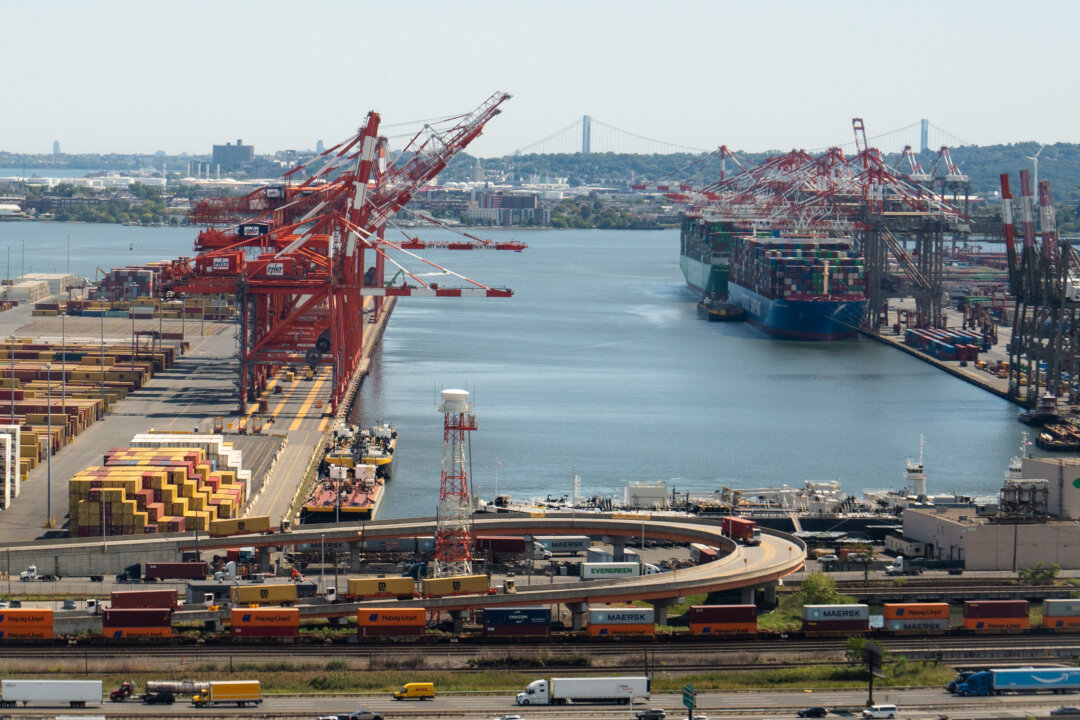UPDATE: The United Nations’ regulatory body for global shipping has just announced a significant delay in its decision on a proposed global carbon tax. On October 17, 2023, the International Maritime Organization (IMO) voted to postpone the adoption of a critical framework designed to impose a carbon tax on international shipping, a move heavily contested by the United States.
As tensions rise, the proposal, aimed at achieving net-zero greenhouse gas emissions from the global shipping sector by 2050, was set for approval today. However, Saudi Arabia, a vocal opponent of the tax, successfully tabled a motion to defer the vote for one year. The motion passed narrowly with 57 votes in favor and 49 votes against, highlighting the contentious nature of international climate regulations.
This proposed framework was intended to mandate compliance with a global fuel standard for ships exceeding 5,000 gross tonnage, marking a pivotal step in the global fight against climate change. The delay is seen as a setback for environmental advocates who argue that urgent action is needed to curb emissions from one of the most polluting industries.
The implications of this decision are far-reaching. Without a global carbon tax, the shipping industry—responsible for approximately 3% of global greenhouse gas emissions—may continue to operate without stringent environmental regulations. Experts warn that this could significantly hinder international efforts to achieve climate targets set under the Paris Agreement.
The delay reflects the ongoing struggle within the IMO as member states grapple with balancing economic interests against environmental responsibilities. With the U.S. leading the charge against the carbon tax, its influence remains a formidable obstacle in the quest for a unified global approach to emissions reduction.
Looking ahead, stakeholders will be watching closely to see how this postponement influences future negotiations and the potential reintroduction of the carbon tax proposal. The next IMO meeting is expected to draw heightened scrutiny as countries reassess their positions on climate regulations.
This developing story underscores the urgent need for collaborative international action to address climate change. As the world waits for further updates, the shipping industry’s carbon footprint remains a pressing concern for environmentalists and policymakers alike.
Stay tuned for more updates as this situation unfolds.







